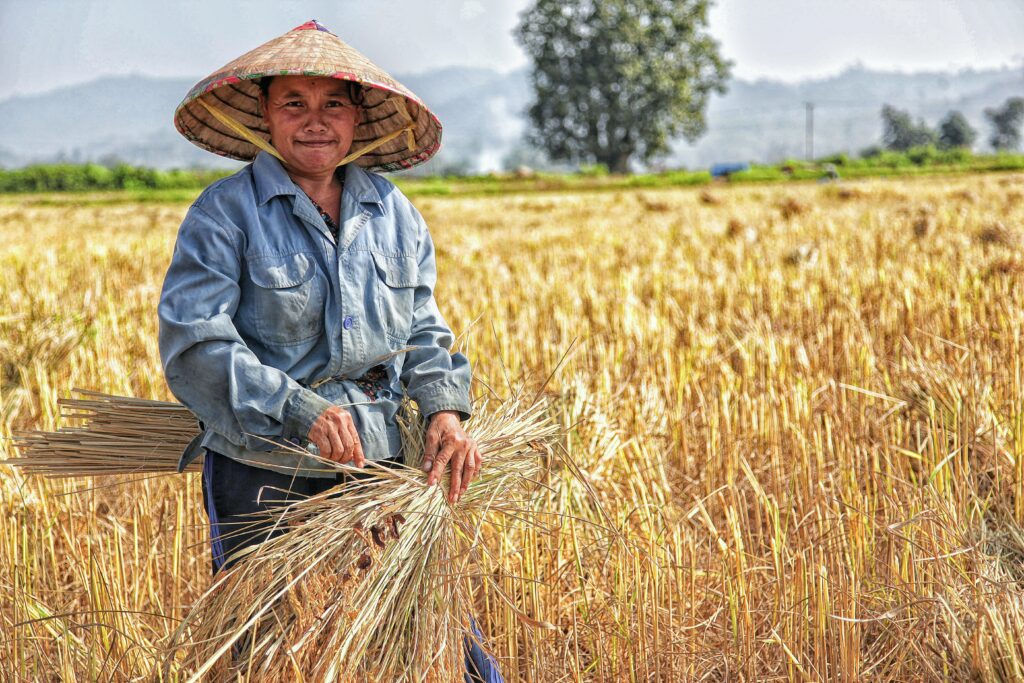A practical framework for private equity investors to assess human rights risks and implement effective due diligence processes
Category Archives: Work Conditions
Insights and suggestions on how to ensure business adopt a robust human rights lens in understanding, addressing and mitigating social issues
Ksapa explores agricultural challenges and insights from COP 28 events, highlighting solutions for a sustainable and equitable farming future
In this article, Ksapa elaborates on the the effectiveness of import bans that relate to forced labor in green transition supply chains.
Analysis of the OECD’s latest Guidelines for MNEs, highlighting major revisions and implications for responsible business conduct
Analyzing gender roles across agricultural supply chains to promote equality and optimize sector performance through inclusion
Learn proven principles for including smallholder farmers in agricultural programs, drawn from successful field implementation
Companies integrating AI must balance innovation with human rights protection through responsible deployment and risk mitigation
The S-211 Canadian law requires companies to report on measures preventing forced and child labor in supply chains.
The Norway’s Transparency act is pursuing three purposes. Understand its application and implications for corporations in this article.











